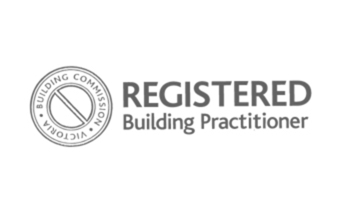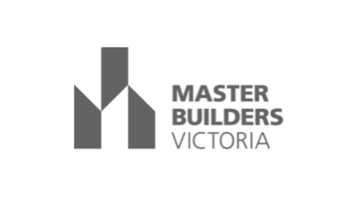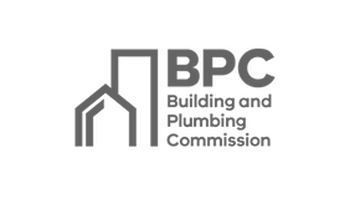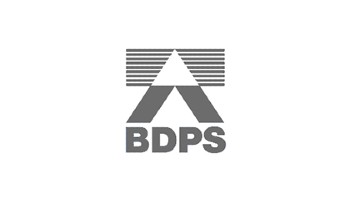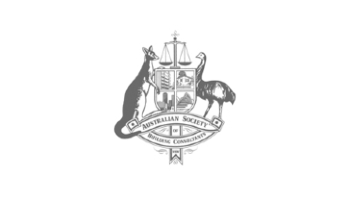Domestic building disputes are on the rise.
When building or renovating a home, the process doesn’t always go as expected. Building Owners and Builders can be in dispute regarding delays in reaching completion, the quality of the building work as well as disagreements regarding payments set out in the domestic building contract.
The building dispute resolution process is a lengthy, stressful, costly and all-consuming process.
Here is a summary of the building dispute resolution process:
- Try to resolve the dispute directly with the other party
- A defect inspection and report completed by Manse Group can help to substantiate the facts in dispute without emotions.
- Try to contact the other party to raise your concerns, repeatedly if they do not respond.
- Clearly inform the other party of the issues you are disputing, preferably in writing.
- Give the other party an opportunity to respond to you and carry out any agreed actions.
- Preferably advise them that you intend to lodge an application with Domestic Building Dispute Resolution Victoria (DBDRV) if the issues cannot be resolved.
- Utilise DBDRV’s free resolution service
- DBDRV is an independent government agency that provides free services to help resolve domestic (residential) building disputes. It was established to resolve building disputes without the cost and time often associated with courts and tribunals. The focus is on conciliation, which involves bringing both parties together to discuss and resolve matters in dispute. If conciliation does not resolve the dispute, the Chief Dispute Resolution Officer has the power to issue binding dispute resolution orders and certificates.
- DBDRV may refuse your application as not suitable for conciliation if you have not taken ‘Reasonable steps’ to resolve the dispute.
- A DBDRV Building Assessor may examine the building work.
- Conciliation: The conciliation conference is facilitated by the conciliator and brings the parties together to discuss the issues in dispute, in a safe and confidential environment. The conciliator will:
- Facilitate the conciliation conference.
- Encourage understanding and communication between the parties, and
- Listen to the parties and help them come up with ways to resolve the dispute.
- If the parties resolve their dispute, this will be documented in a formal record of agreement. The record of agreement will contain the actions agreed to by the parties, together with the dates by which those actions must be performed. Each of the parties will be provided with a copy at the conclusion of the conciliation conference. It is the responsibility of the parties to honour the terms of the record of agreement.
- If unable to resolve the dispute at the conciliation conference, the Chief Dispute Resolution Officer may issue the parties with a certificate of conciliation (dispute not resolved). You will then be entitled to make an application to Victorian Civil and Administrative Tribunal (VCAT) if you wish. Note: VCAT will not accept your application unless it includes a DBDRV certificate of conciliation, confirming that the dispute was not suitable or could not be resolved by conciliation.
- Lodge an application with VCAT
- If an agreement is still not possible, the next step is to present your case through legal means such as the Victorian Civil and Administrative Tribunal (VCAT).
- You may attend a mediation or a compulsory conference – This is where parties come together to discuss ways to reach an agreement (settle) with the help of a mediator.
- Mediation has many benefits:
- it can save you the cost, stress and time of going through the VCAT hearing process.
- you can negotiate an outcome that you can both live with.
- you both have control of the outcome. At a hearing VCAT makes the decision, which may not go in your favour.
- even if you don’t resolve everything, you may reach agreement on some issues. This may mean you spend less time at a hearing.
- If you don’t reach agreement on all the issues, the case may escalate to a hearing. In this case, Manse Group can prepare an Expert Witness VCAT compliant to support your claim and we can proceed with supplying expert evidence at VCAT if required.
- Mediation has many benefits:
View DBDRV’s detailed guide to Domestic Building Dispute Resolution Victoria.
Every dispute is unique, to see how we can assist with your situation, contact our friendly team today.



